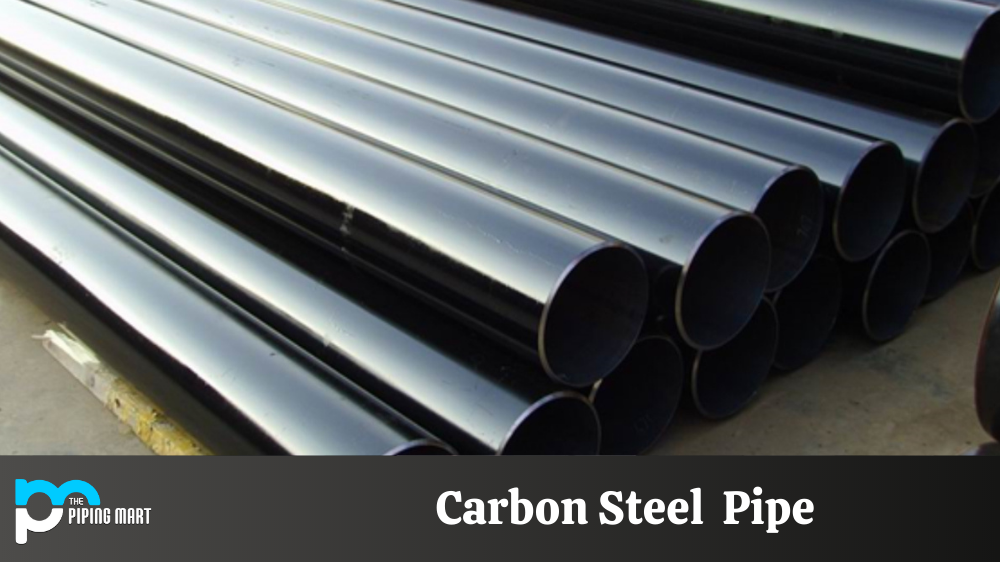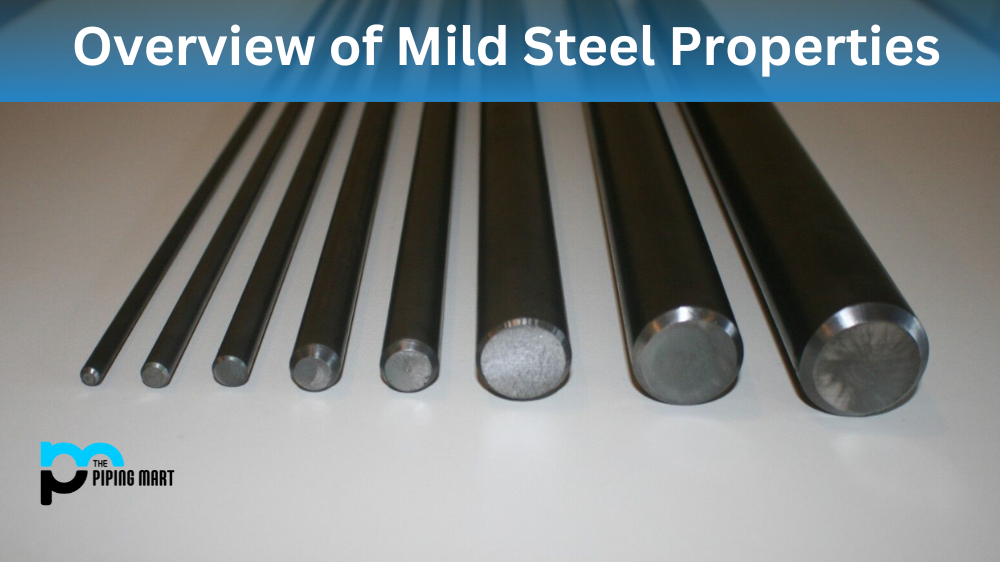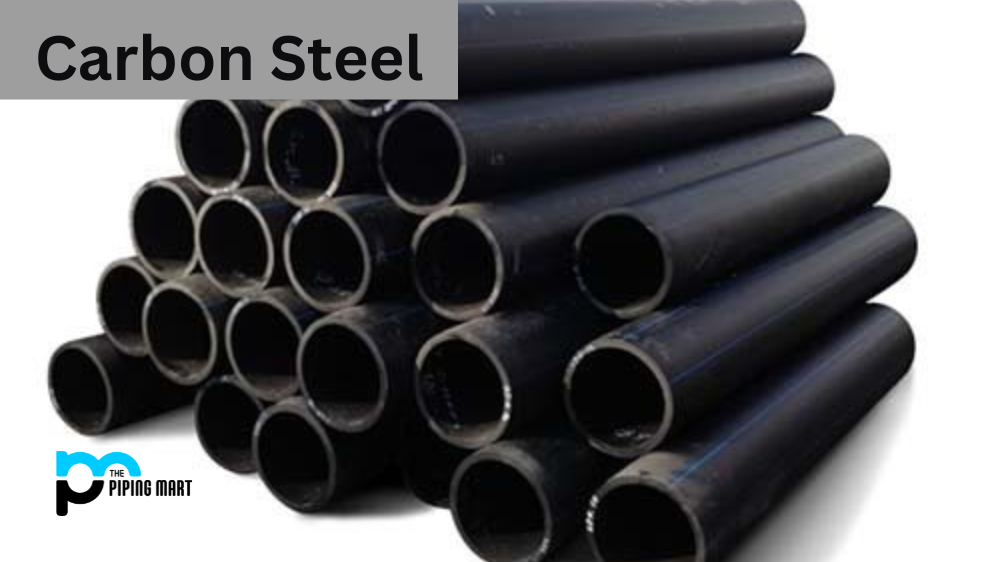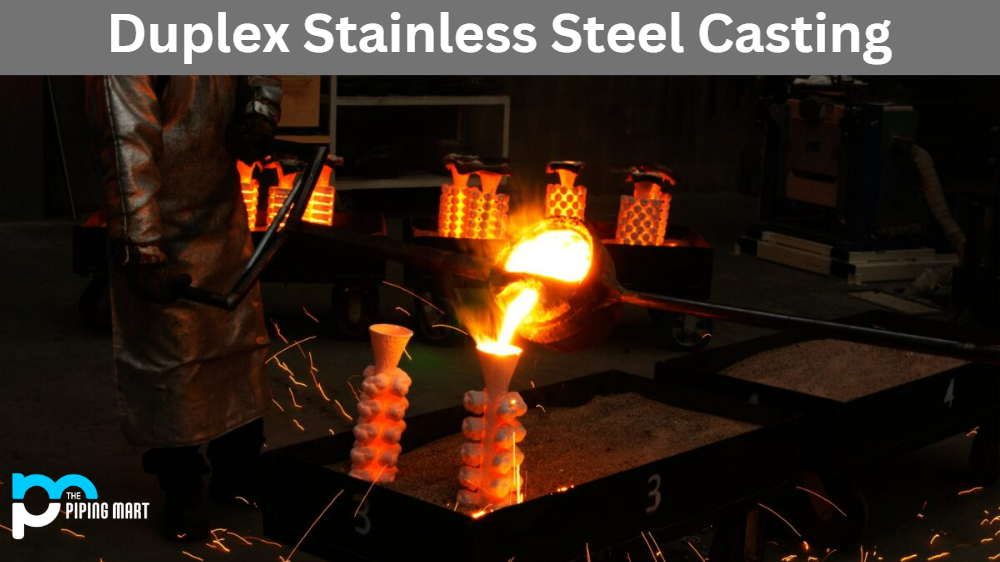Carbon steel pipe is a common construction material that has been used for centuries. It is known for its strength, durability, thermal conductivity, and expansion properties. In this blog post, we will discuss carbon steel pipes’ thermal conductivity and expansion so that you can make an informed decision when constructing your next project.
Carbon Steel Pipe Thermal Conductivity
The thermal conductivity of carbon steel pipe is determined by its composition. The carbon content in different steel grades affects the thermal conductivity; the more carbon present in a steel grade, the higher its thermal conductivity. The thermal conductivity also increases with temperature, making it important to consider the operating temperature when selecting a grade of steel for your project.
In terms of heat transfer, carbon steel pipes are significantly better than copper pipes due to their higher thermal conductivity at both low and high temperatures. This makes them ideal for applications ranging from cryogenic piping systems to steam lines that operate at extremely high temperatures. Additionally, because they are less expensive than copper pipes, they are often used in commercial applications where cost is a major factor.
Carbon Steel Pipe Thermal Expansion
The thermal expansion rate of carbon steel pipe depends on several factors including temperature, length and diameter. Generally speaking, larger-diameter pipes will have lower thermal expansion rates than smaller ones as they are less prone to bending under extreme temperatures. Additionally, shorter lengths will generally exhibit higher expansion rates since they are more susceptible to bending forces due to their size. At average room temperatures (20-25°C), most carbon steel pipes will expand by 0.1–0.2 mm/m per degree Celsius increase in temperature.
Conclusion:
Carbon steel pipes are versatile materials with excellent properties such as strength, durability and thermal conductivity/expansion rate, suitable for many different applications including cryogenics and steam lines operated at high temperatures. As these properties depend on several factors including temperature, length, and diameter, it is important to consider these when selecting a grade for your project or application. Ultimately, understanding the key characteristics of carbon steel pipes will help ensure you make an informed decision when constructing your next project or system using this material.

Abhishek is a seasoned blogger and industry expert, sharing his insights and knowledge on various topics. With his research, Abhishek offers valuable insights and tips for professionals and enthusiasts. Follow him for expert advice on the latest trends and developments in the metal industry.




